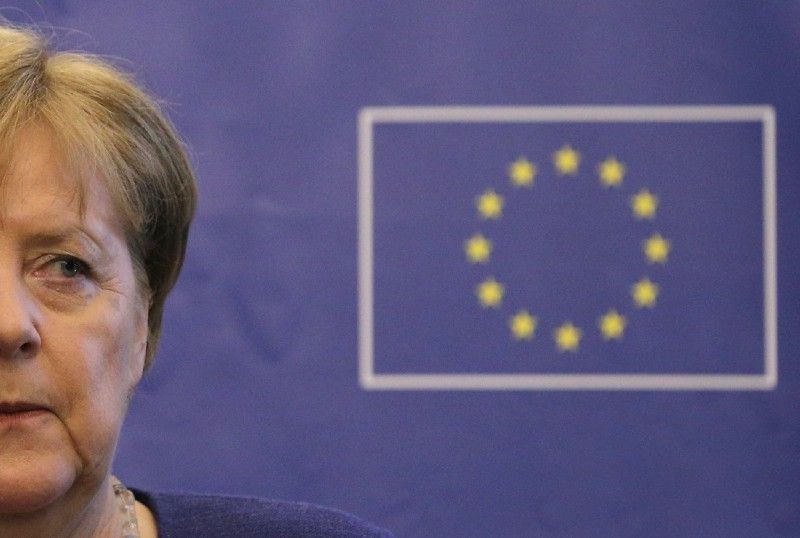May 18, 2018
Just last week, German Chancellor Angela Merkel warned that with American protection of Europe no longer assured, it was time for Europe to craft its own foreign policy. Today, she will get her first shot at showing what that might look like when she meets Russian President Vladimir Putin in Sochi.
Merkel’s relationship with Putin has been a mercurial one over the past 15 years. Their shared upbringing behind the Iron Curtain and fluency in each other’s languages gave them a special bond early on, but they broke over Russia’s invasion of Ukraine in 2014, and things haven’t been the same since.
Now Trump’s loveless treatment of Europe has pushed Merkel to seek out renewed possibilities with Russia. Their meeting will likely focus on…
- salvaging the Iran deal without the US, because neither Merkel nor Putin wants Iran to bolt from the deal now and foment a regional nuclear arms race, but she is particularly concerned about the fate of German companies now potentially exposed to renewed US sanctions on Iran.
- exploring peace options for Syria — Merkel has drawn closer to Moscow on this recently, calling for European-Russian cooperation to broker a solution to the civil war and pointedly sitting out the US-led airstrikes on Bashar al-Assad’s chemical weapons facilities last month. This gives Merkel more credibility as an interlocutor with Moscow on this issue than any other European leader.
- energy ties — the $10 billion Nord Stream 2 gas pipeline project would increase flows of Russian gas to Germany, already one of the largest energy relationships in the world. The US government, which opposes the project, said this week that scrapping the pipeline was one way for Germany to win permanent exemptions from the Trump administration’s steel and aluminum tariffs.
More For You
Americans are moving less — and renting more. Cooling migration and rising vacancy rates, especially across the Sunbelt, have flattened rent growth and given renters new leverage. For many lower-income households, that relief is beginning to show up in discretionary spending. Explore what's changing in US housing by subscribing to Bank of America Institute.
Most Popular
Walmart sponsored posts
Walmart’s commitment to US-made products
What's Good Wednesdays
What’s Good Wednesdays™, February 4, 2026
World Central Kitchen staff hand out free soup in a neighbourhood that experiences electricity and heating outages following recent Russian attacks on Ukraine’s civilian infrastructure during subzero temperatures in Kyiv, Ukraine February 3, 2026.
REUTERS/Thomas Peter
1,170: The number of high-rise buildings in Kyiv that were left without heating following a barrage of Russian attacks last night on Ukraine’s capital and its energy facilities, per Kyiv Mayor Vitali Klitschko.
Protesters gather during a candlelight vigil, and interfaith prayer at Fort Lauderdale-Hollywood International Airport as airport workers and faith leaders rally calling on the federal government to extend Temporary Protected Status for Haiti on Jan. 28, 2026.
Diaz/Miami Herald via ZUMA Press Wire
Over the past five years, Haiti has endured extreme political turmoil, escalating violence, and one of the world’s worst humanitarian crises.
Microsoft unveiled a new set of commitments guiding its community‑first approach to AI infrastructure development. The strategy focuses on energy affordability, water efficiency, job creation, local investment, and AI‑driven skilling. As demand for digital infrastructure accelerates, the company is pushing a new model for responsible datacenter growth — one built on sustainability, economic mobility, and long‑term partnership with the communities that host it. The move signals how AI infrastructure is reshaping local economies and what people expect from the tech shaping their future. Read the full blog here.
© 2025 GZERO Media. All Rights Reserved | A Eurasia Group media company.
